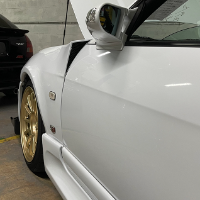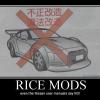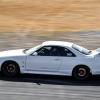Diy: Change Your Own Brake Pads (front And Rear)
Announcements
-
Similar Content
-
Latest Posts
-
I believe there was a similar one posted by @duggyphresh. They were re-routing their battery positive cable in the way I am also trying to achieve. Sorry, I’m new to this forum, so was a bit late to the party by a few months and so reignited the old thread, as I wanted to know how they got on with doing it.
-
Wasn't there a thread on this very subject just a few weeks ago?
-
Hi all! Looking to relocate the battery to the trunk of an R34 GTT. I want to do it using as many stock GTR components as I can (including the harness protectors from the 34 GTR that run underneath along the chassis to the engine bay). So far I’ve purchased the battery tray from a 33 GTR, as the captive weld nuts are already there just asking to be used. There is also the slight issue of now having to relocate the ABS/TC/Fuel Pump Control ECU, which in GTT’s sits right above where the battery will then sit on the tray. Has anyone already achieved this, and if you have any pics that you wouldn’t mind sharing? It would be great to see how others have done it and where you put them, as there are countless holes in the parcel shelf panel to potentially use. Just trying to get some ideas bounced around, and to help uncover any potential problems I may encounter by my choice of location. TIA for any help!
-
Brand was ard. I also threw a brand new battery at it and beefed up the wire from the alternator to battery and added an extra earthing point from the battery
-






Recommended Posts
Create an account or sign in to comment
You need to be a member in order to leave a comment
Create an account
Sign up for a new account in our community. It's easy!
Register a new accountSign in
Already have an account? Sign in here.
Sign In Now